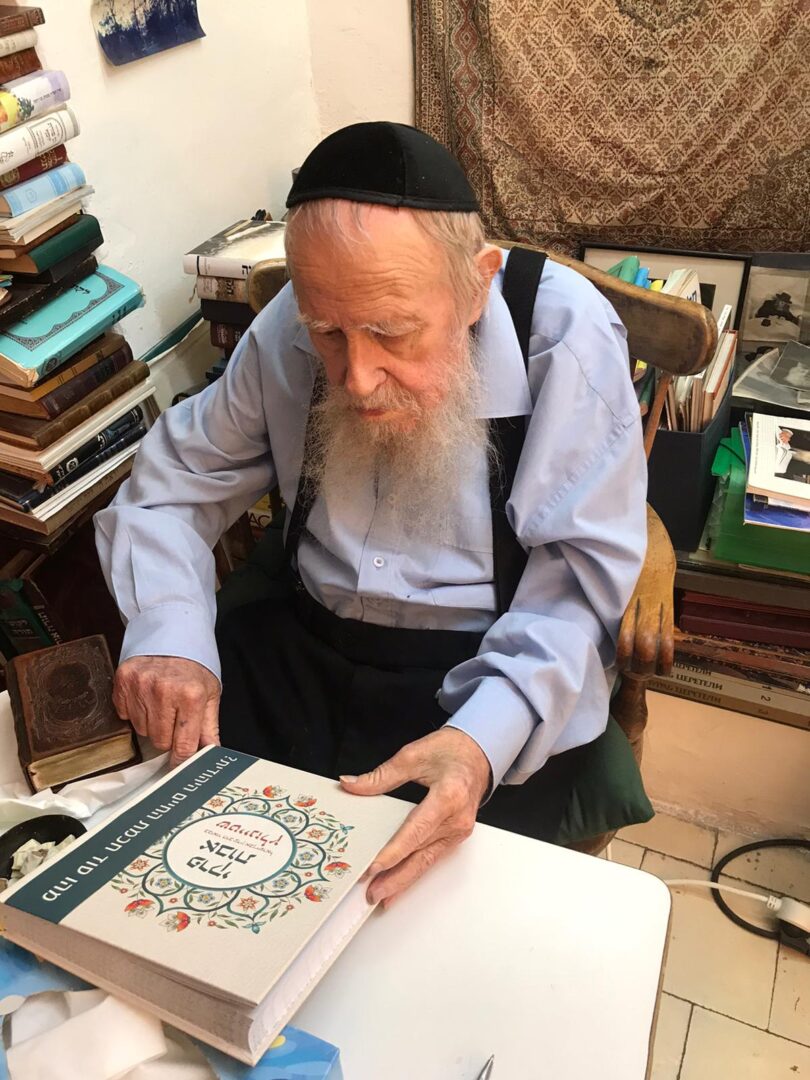The command to “go forth” is not only an instruction, but a description of how a person should go forward in life.
We learn from Abraham that this is the way one must proceed, as Rabbi Judah HaLevi put it, “I will not question, I will not test” (Reshuyot 22).
That is how one follows God: without a destination and without an aim. God’s great call to man, the first call and the last, is a call without a destination.
God says, “go forth,” and one must get up and go, without knowing where one will arrive, without knowing one’s objective, and without knowing one’s aim.
This path, with all its difficulties, is the proper path for the beginning of a person’s life, for that is how Abraham’s story begins.
Despite all the blessings and promises, this is Abraham’s first trial that appears explicitly in the Torah: to follow God and not to question; to go, without the comfort of physical space to call his home.
On this path, there is only one real request that Abraham makes throughout all the trials – and it is an eminently reasonable one: that he should know that it is God who is speaking with him, that it is He who is instructing him to go forth. Abraham needs only the assurance that God is always with him to justify his actions.
Following God is the point; it justifies itself.
–Rabbi Adin Steinsaltz

